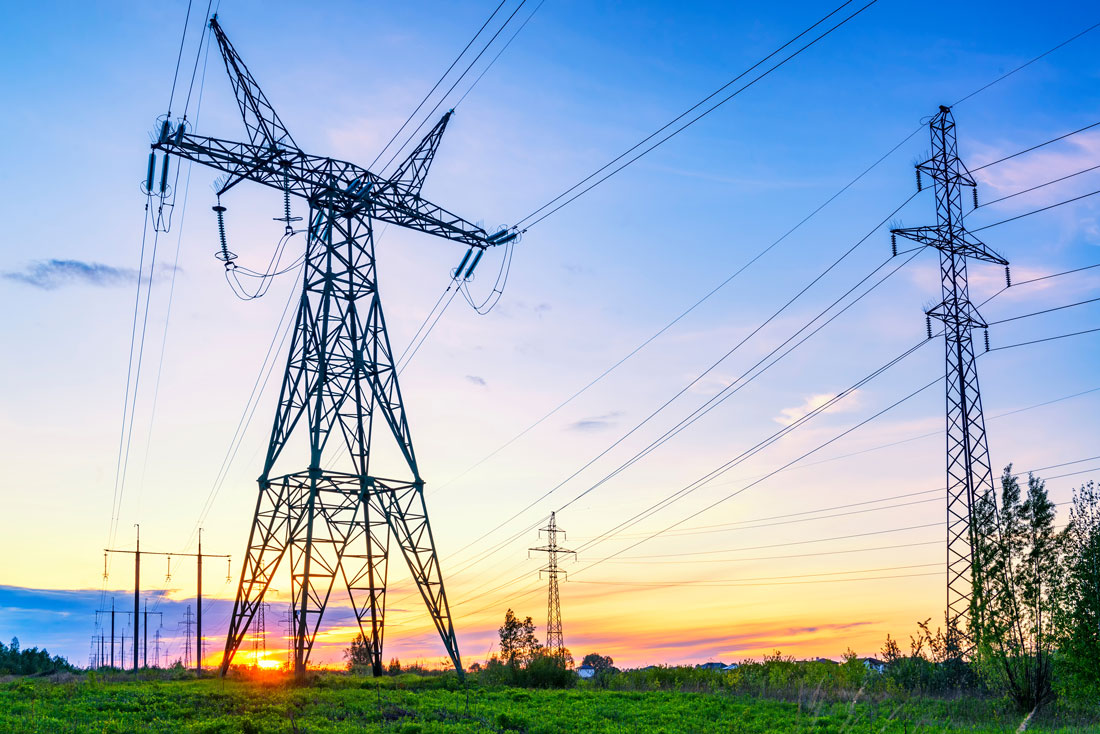Solutions
Our passionate and experienced people deliver successful clean energy projects globally.
Technologies
Driving a clean energy future through state-of-the-art renewable technologies.
See all technologiesResources
Browse our latest resources, including company updates, customer stories, industry insights, and research reports.
See all resourcesCareers
Join a collaborative team of passionate individuals who engage in meaningful, stimulating, and world-changing work.
See all careersAbout RES
We live our mission, celebrate the people making it happen and transform the way the world produces and consumes energy.
See about usOur offices
Like our business, we’re truly global – but proudly local. Find contact and location details for every RES office.
Contact us-
Home
/
Resources
/
Case Studies
/
Ontario’s largest Indigenous-led energy project: The Wataynikaneyap Transmission Project
Ontario’s largest Indigenous-led energy project: The Wataynikaneyap Transmission Project
by RES | May 15, 2025 | Reading time: 2 min

RES was an important early co-developer of the Wataynikaneyap Transmission Project by contributing to routing, permitting and planning for 1,800 km of transmission lines, supporting this revolutionary First Nation-led initiative. The project now delivers reliable grid power to 24 remote communities, advancing environmental goals and Indigenous-led infrastructure development.
Challenge
Connecting 24 remote First Nations communities to Ontario’s grid required navigating vast distances, complex terrain, and environmental sensitivities.
Solution
RES supported early development, including routing, permitting, and planning for 1,800 km of transmission lines across northern Ontario.
Impact
The project now delivers reliable grid power to remote communities, displacing diesel and supporting Indigenous ownership, employment and sustainability.
Project Outcomes
- 1,800 km
of transmission lines - 24 First Nations communities
involved in planning and coordination - 6.6 million tons
of greenhouse gas emissions expected to be eliminated
The Challenge
The Wataynikaneyap Transmission Project is the largest Indigenous-led and longest grid connection project in Ontario’s history. Led by Wataynikaneyap Power (Watay Power), a First Nations-owned company representing 24 Indigenous communities, the project needed to connect remote First Nations communities to the provincial electricity grid. These communities—home to more than 18,000 people—had long relied on costly, unreliable, and polluting diesel generators.
Developing over 1,800 km of transmission lines across some of Ontario’s most remote and environmentally sensitive terrain required multiple partners with a combination of technical, regulatory, and cultural coordination on an unprecedented scale.
The Solution
RES played a key role in the project’s early development, contributing to the planning and co-development of 1,800 km of transmission line. RES brought critical expertise in routing, permitting, engineering support and logistical planning. Collaborating with key project stakeholders, RES’ team helped lay the groundwork for the successful delivery of transmission infrastructure that would span some of Ontario’s most remote regions.
In 2016, FortisOntario announced an agreement to acquire RES’ equity interest in the Project, increasing FortisOntario’s ownership stake to 49 percent. The 24 First Nations communities involved retain a controlling 51 percent share through Watay Power, preserving Indigenous leadership at the heart of the project.
While RES transitioned out of its equity position, the company remained a service provider, continuing to support the $1.9 billion project’s delivery with its development and expertise.
The Impact
The Wataynikaneyap Transmission Project is a transformational undertaking for northern Ontario and its First Nations communities. With substantial construction completed in summer 2024, the project delivers clean, reliable and affordable energy to previously diesel-dependent communities. The line is expected to eliminate up to 6.6 million tons of greenhouse gas emissions annually—equivalent to removing nearly 35,000 cars from the road—while contributing over $1 billion to Ontario’s GDP.
Nearly 1,000 First Nations members worked on construction, making it a model of Indigenous-led infrastructure development that advances both economic reconciliation and environmental responsibility.
RES is proud to have played a foundational role in shaping this landmark project and remains committed to supporting its success through continued partnership.

